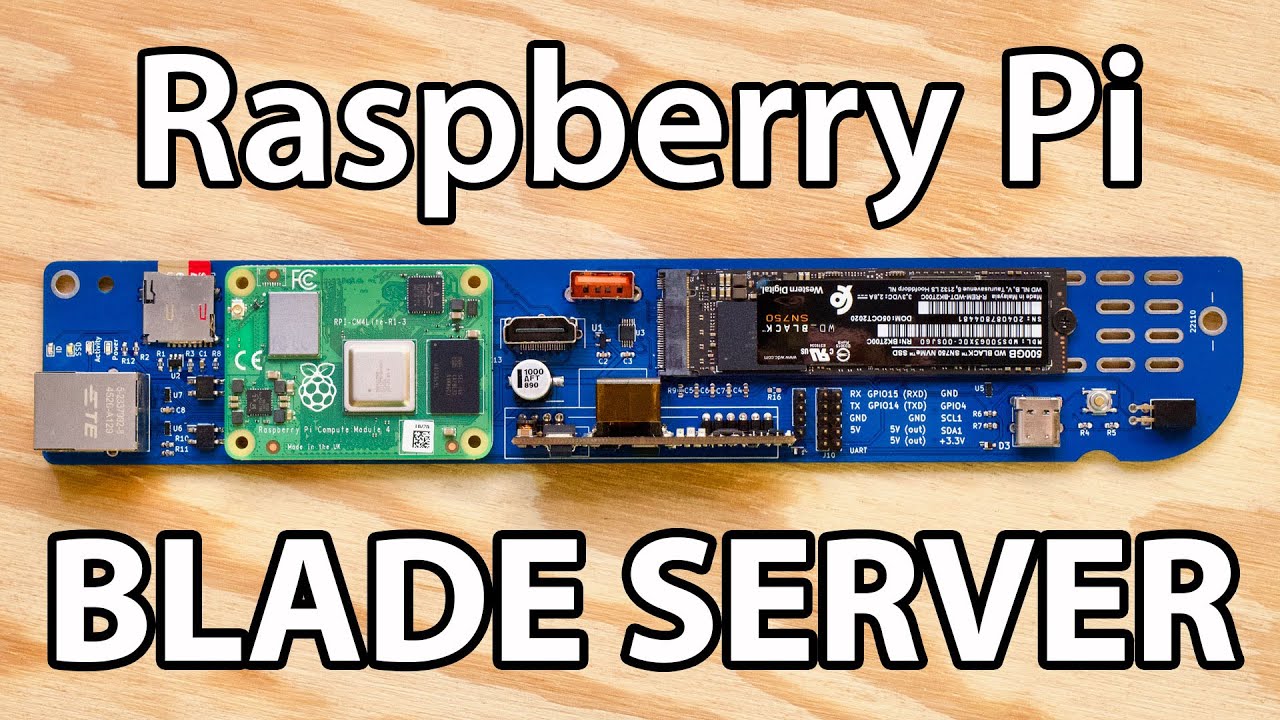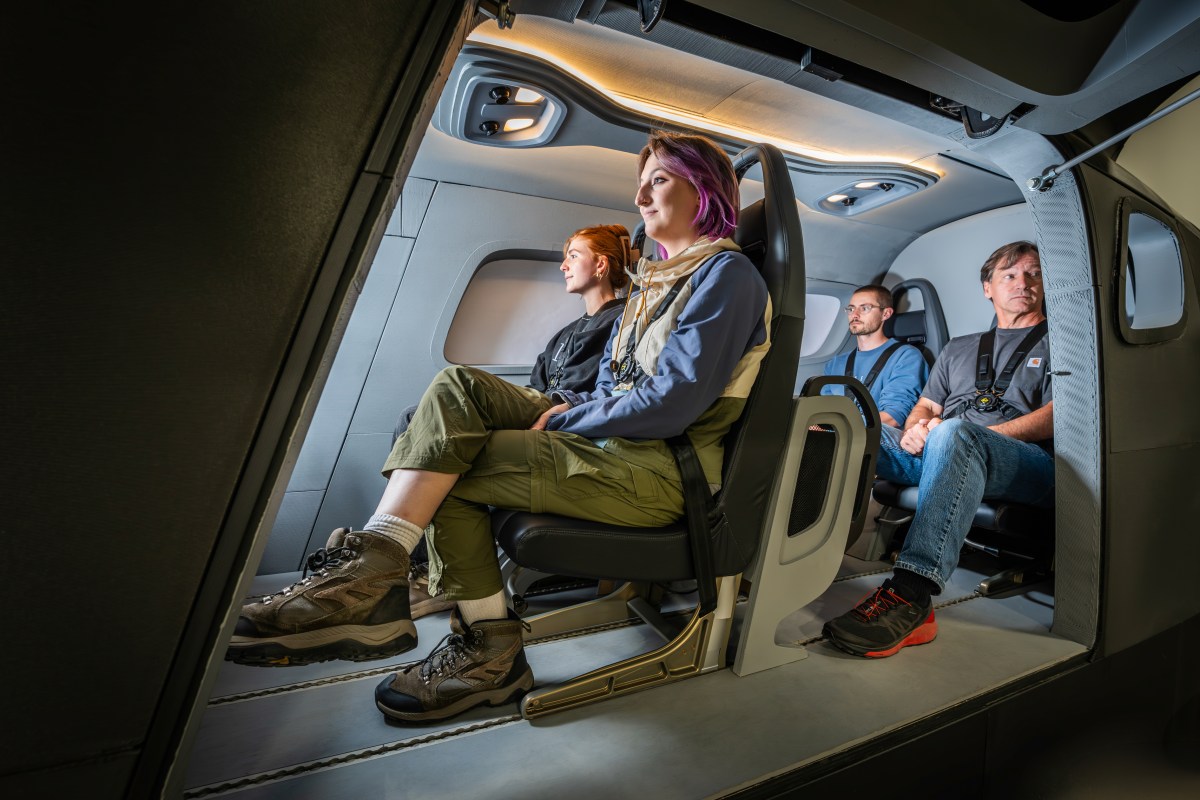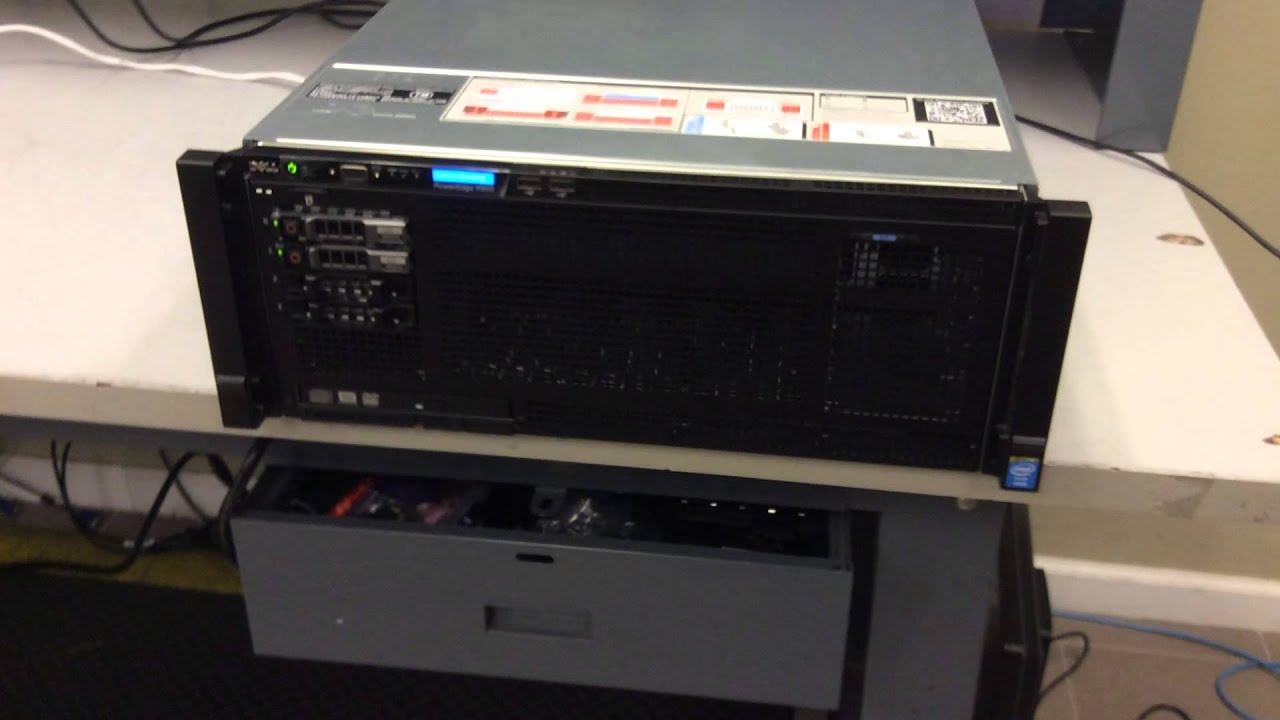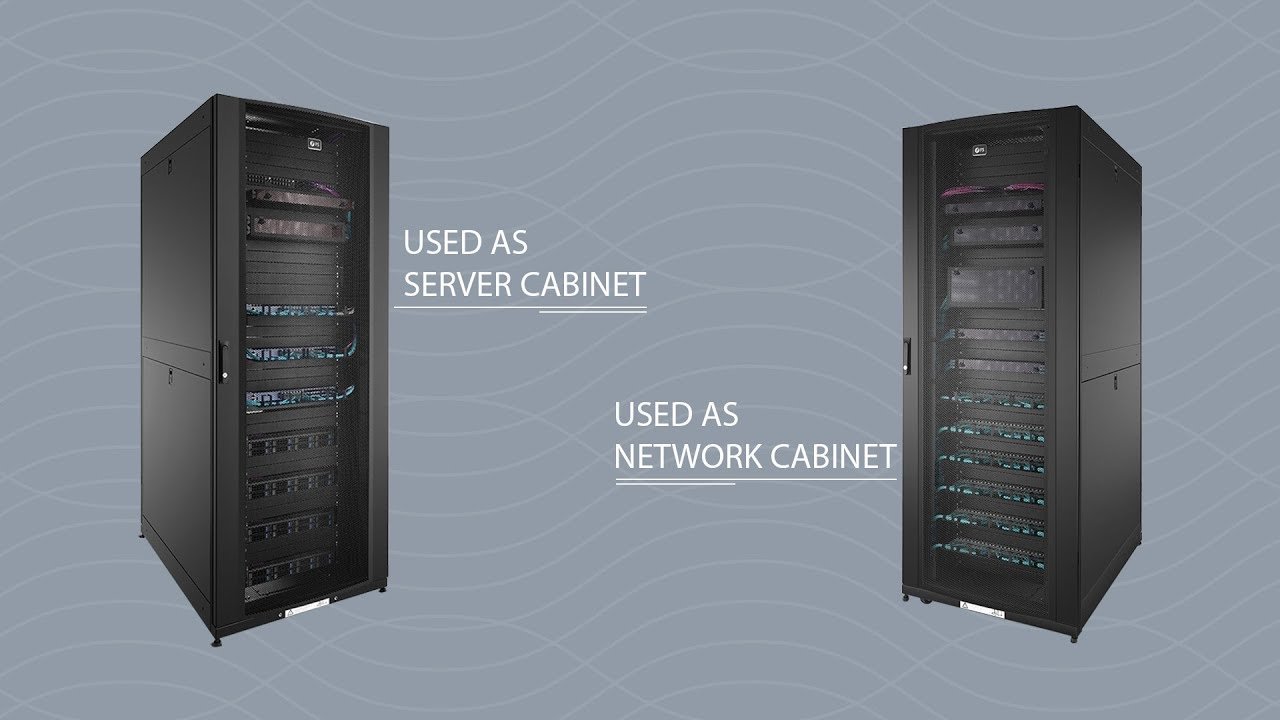Technology
Dinii, a cloud-based restaurant management platform, raises $45M Series B

Japan has always been a strong market for bringing technology into the experience of consuming food, and now one of the startups leading on this idea is attracting investors from across the ocean. Dinii, which lets diners order food from restaurants and shops through a mobile platform, has raised $48 million (7.46 billion JPY). Bessemer Venture Partners and Hillhouse Investment Management are leading the investment, with Ecelectic and Flight Deck Capital participating. Notably, this is the first time that Bessemer is investing in a startup in Japan.
Mao Yamada (CEO) and Kazuki Otomo (CTO) started Dinii in 2018 while still students at the University of Tokyo, after working part-time in restaurants to put themselves through school and realizing how outdated those restaurants’ order and delivery systems were.
Dinii originally made its mark as a B2B SaaS business: Circumventing the need for would-be restaurant customers — already operating on thin margins — to take on special devices or other equipment, the pair made a foothold in the market with a lower-cost, cloud-based point-of-sale platform that restaurants could use with whatever phones or other devices they already owned. Now Dinii wants to build on its traction by expanding the financial services it provides to its customers, Yamada told TechCrunch.
“Since we already have a cloud-based POS platform, we believe we will be able to expand to many more product services such as employee management, [restaurants] reservation, and [food] deliveries, and more,” he said.
Dinii was inspired by Toast, the cloud-based restaurant management system out of the U.S. that also started with POS and payment services (and also happens to have had Bessemer as an early backer). But Yamada says that he has yet to come across any company in Japan with capabilities (data and financial service for restaurants) similar to Dinii’s.
“Having been fortunate to be a key investor in Toast in the U.S., supporting it to become a $13 billion company, we see a similar element of success in Dinii: a strong team led by a young and visionary leader, a large underserved market, and the best all-in-one cloud-based solution,” Bryan Wu of Bessemer Venture Partners said. “We are confident that Dinii will emerge as one of the most prominent SaaS and fintech leaders in Japan.”
The Tokyo-based startup has a cashless payment solution, Dinii Payments, that it hopes to parlay into a bigger financial services product for its customers. “By first providing the cashless solutions, we can eventually move into back office operations, such as invoice settlement, inventory management, salary payouts,” said Yamada.
Another big focus will be services catering to the kinds of employees who tend to work in the restaurants on Dinii’s platform. A large proportion of them work part-time, Jorel Chan, chief of staff at Dinii, told TechCrunch. “They may be students who don’t really have stable jobs, and have poor credit scores, for example,” he said. “More often than not, they can’t wait until the end of the month to get their salary. They probably want daily payments. But there’s no ability to do that today.” One plan Dinii has is to introduce daily payouts for an additional fee.
Other areas it hopes to break into include insurance, asset management, and loans, to help restaurants manage cash flow and expand their operations.
Restaurant scene in Japan
Most restaurants in Japan mainly use on-site point-of-sale systems. In other words, traditional restaurants work with companies like Toshiba or NEC to rent an on-site POS system for basic operations. These can be costly and limited in their functionality and are not really set up for modern demands such as ordering from mobile apps, paying by QR codes, cashless payments, and cloud-based customer-relationship-management tools, Yamada said.
By putting the POS system on the cloud, Dinii’s customers — restaurants ranging from SMBs to large enterprises — can offer instant capabilities and gather customer data through mobile ordering. Dinii’s technology helps restaurant owners understand which menu items are popular and enables them to communicate with customers through a CRM (customer relationship management) system, send customized coupons to their consumers, and eventually increase revenues,” Yamada explained.
Dinii also leverages an integration with Line, the popular messaging app, which allows local restaurants to collect customer data such as favorite menu items, gender, last visit, and the number of visits.
The Japanese startup monetizes in two ways: by charging software subscription fees for its cloud-based POS system and fees for payments made through the cashless platform integrated into the POS system.
More than 900,000 restaurants are in Japan, and the food service market in the country is projected to increase to roughly $475 billion by 2030, up from $214.35 million in 2022. Dinii currently has around 3,000 restaurants across Japan, which is barely 0.5% penetration, so it has huge upside potential for this, Yamada noted.
“With more than 20 million [registered] users making food orders across over 3,000 restaurants, you can imagine how much traffic volume of data passes through Dinii’s platform every single second. Without revealing too much, we are currently building up capabilities for proprietary data solutions for restaurants that would help them in the future,” Yamada continued.
Expansion to Southeast Asia
The Tokyo startup also has operations in Osaka — covering the country’s two biggest markets for restaurants. But with the new capital, it plans to expand to other Japanese cities like Nagoya and to countries across Southeast Asia such as Indonesia, Malaysia, Singapore, and Thailand. Dinii’s workforce has quadrupled from 30 employees in 2022 to 130, and it will also be hiring more as it grow geographically.
The startup has raised 8 billion JPY, equivalent to about $55 million, since its inception. Its previous investors include ANRI and Coral Capital.
Servers computers
Raspberry Pi Blade crams 64 ARM cores and NVMe in 1U!

Uptime.Lab’s 1U Blade is a rack-mountable Raspberry Pi Compute Module 4-based server.
UPDATE: The Compute Blade will be on Kickstarter—here’s the link: https://www.kickstarter.com/projects/uptimelab/compute-blade?ref=bfyfme (or check out https://computeblade.com)
Capable of cramming 64 ARM CPU cores in 1U of rack space, this blade could make a powerful Pi cluster. And built-in features like PoE+ support, an M.2 slot for NVMe SSDs, and a TPM 2.0 module make it the best performing Pi server, ever!
Follow Uptime.Lab on Instagram: https://www.instagram.com/uptime.lab/
Get notified when the Kickstarter is live: https://uplab.us6.list-manage.com/subscribe?u=fdbd31aa8fdf802b1edc668f9&id=2de992b8de
Kickstarter link: Coming soon!
NVMe Boot on the Pi: https://www.youtube.com/watch?v=4Womn10v71s
Support me on Patreon: https://www.patreon.com/geerlingguy
Sponsor me on GitHub: https://github.com/sponsors/geerlingguy
#RaspberryPi #Blade #ARM
Contents:
00:00 – What makes a good Pi server?
00:45 – Uptime Lab’s Blade
01:40 – Blade Features
03:27 – Powering it up
04:23 – Testing NVMe and USB
05:25 – Special Features: TPM 2.0
06:13 – Special Features: ID LED
06:41 – 1U Enclosure
07:17 – Prototype to Production
08:14 – Outtro and Outtakes .
source
Technology
AMD launches Epyc embedded processors for compute-intensive, low-energy devices


AMD launched its Epyc Embedded 8004 Series processors, driving its high-performance, low-wattage computing into the embedded market. Over the years, AMD has set the industry standard with its Epyc embedded processors offering exceptional performance, efficiency, connectivity, and innovation for networking, storage, and industrial applications. Toda…Read More
Technology
Beta Technologies unveils first passenger carrying electric aircraft

Beta Technologies unveiled Monday the next electric aircraft in its lineup — a passenger-carrying version of its ALIA vertical takeoff and landing and fixed-wing vehicles.
Electric vertical takeoff and landing (eVTOL) vehicles don’t rely on a runway, whereas fixed-wing aircraft do.
The Vermont-based startup, which has raised over $860 million in equity to date from heavy hitters like Amazon’s The Climate Pledge, is pursuing electric aviation a little differently, and more discreetly, than others in the industry. Unlike competitors Joby Aviation and Archer Aviation, Beta doesn’t want to operate its own urban air taxi network. Rather, Beta has positioned itself as the OEM that will sell aircraft and charging solutions to a host of customers.
So far, Beta has secured customers across defense, cargo delivery, and medical logistics – like United Therapeutics, UPS, Air New Zealand, and the U.S. Air Force – with a plan to launch in those markets by 2025. Customers like Archer rely on Beta’s charging network, which consists of 34 active sites, with more than 50 sites in progress.
“Flying passengers has always been a part of the plan,” Kyle Clark, Beta’s founder and CEO, told TechCrunch. “We designed everything in the aircraft from a safety and space configuration standpoint to accommodate passengers. It just made more sense, from a certification and customer acquisition standpoint, to first focus on medical and cargo, and then go to passenger,” he added.
Beta hasn’t yet built a full passenger-carrying prototype, but the concept relies on much of the same design and engineering as Beta’s existing models. Clark says this creates a streamlined path to certification, manufacturing, and commercialization.
The biggest notable differences are that the passenger variant has more windows so people can look outside, and the interior features five seats plus a cabin for the pilot, a luggage compartment, and “some accouterments for people in the back to be comfortable,” like light switches and ventilation controls, according to Clark.

All versions will be able to carry around 1,400 pounds, and in some cases they already are. Beta’s aircraft has already tested cargo-carrying missions for the military, and Clark says the startup has more flight hours than any other company in the industry.
“I contend that we will have tens, if not hundreds, of cargo aircraft flying with tens of thousands of flight hours, generating the most important thing in aviation, which is trust in the safety of the product, before we start flying passengers,” Clark said.
“I believe this strategy will actually have us flying passengers before anybody else because of the trust that we developed and the regulatory path we’ve chosen to get us through those wickets faster.”
Clark estimates that Beta’s aircraft are 13 to 14 months away from Federal Aviation Administration (FAA) certification. Today, Beta has secured a “market survey ticket,” which allows the startup to fly with potential customers so their pilots can test and evaluate the aircraft.
And that strategy has already helped secure customers in the passenger arena. On-demand aviation startup Blade, which today helps the wealthy book helicopters or seaplanes to beat the traffic, placed their financially backed order for up to 20 of Beta’s eVTOLs in 2021. Other customers include aviation company LCI, which will use Beta’s aircraft to transport guests to the Aria Hotels in Greece, and Helijet, which has placed a firm order on four eVTOLs with an option to buy four more for cargo and passenger missions.
Beta is gearing up to fill those orders and more over the next couple years. The company built its first aircraft in a prototype facility, but in January, Beta opened the doors to its production facility in South Burlington. Clark said the FAA has kept a tight watch on production, which means “it’s not rocket fast,” but he expects the facility to produce hundreds of aircraft in the next year and a half. In four years, Clark expects the facility to hit a maximum capacity of 300 aircraft per year.
Clark is most excited about a future in which electric aviation can bring down the cost of regional flight significantly, allowing people who normally have to drive two to three hours to reach a commercial airport to instead get there within minutes without breaking the bank.
He noted that short regional flights today are so expensive because jet engine fuel is pricey and so are the recurring maintenance costs for jet engines themselves.
“When you go from a turbine or jet-powered aircraft to an electric aircraft, you can effectively half the cost of carriage,” Clark said. “That opens up about 10 times more markets for transporting people.”
Correction: A previous version of this article stated Beta had 20 charging sites active based on an old number the company provided to TechCrunch.
Servers computers
Dell PowerEdge R920 Rack Server Being Tested By ShopEzIT

Dell PowerEdge R920 Rack Server
Here is the newest and best server by Dell
Dell R920
We have the best price on Dell Servers
please give us a call or email
(818) 477 3893
Nareg@shopezit.com
www.shopezit.com .
source
Technology
eBay is off the hook for selling harmful products

A US government lawsuit accusing eBay of selling almost 350,000 polluting and environmentally harmful products — including pesticides and “defeat” devices that let motor vehicles evade emission controls — has been dismissed by a federal judge. On Monday, District Judge Orelia Merchant ruled that eBay isn’t liable for items that users sell on the digital marketplace due to civil protections that Section 230 of the Communications Decency Act provides for online platforms.
Under Section 230, online platforms cannot be held responsible for hosted content unless “it assisted in the development of what made the content unlawful.” The lawsuit filed by the US Department of Justice last year alleged that eBay had violated the Clean Air Act (CAA) by knowingly selling, or offering unlawful products for sale.
Merchant dismissed the DOJ’s claim, ruling that eBay “must own or possess an item” to be considered a seller. Merchant also ruled that administrative and technical support that eBay provides to sellers, such as messages, email notifications, and processing payments, doesn’t materially contribute to the “alleged unlawfulness” of illegal products.
Servers computers
42U Network & Server Cabinet: GR800-Series | FS

To meet the increasing high-density cabling, FS.COM tailors this multifunctional 42U network & server cabinet ( https://goo.gl/FwMXLT ) for you. This 42U GR800-Series cabinet will be equipped with PDU brackets and vertical cable managers for your flexible cable management. Watch this video, we will show you its features and application scenario. Also, the proper matching equipment suggestions have also been provided by our professional experts. .
source
-

 Womens Workouts1 week ago
Womens Workouts1 week ago3 Day Full Body Women’s Dumbbell Only Workout
-

 Technology2 weeks ago
Technology2 weeks agoWould-be reality TV contestants ‘not looking real’
-

 Science & Environment2 weeks ago
Science & Environment2 weeks agoHyperelastic gel is one of the stretchiest materials known to science
-

 Science & Environment2 weeks ago
Science & Environment2 weeks agoHow to wrap your mind around the real multiverse
-

 Science & Environment2 weeks ago
Science & Environment2 weeks ago‘Running of the bulls’ festival crowds move like charged particles
-

 News1 week ago
News1 week agoOur millionaire neighbour blocks us from using public footpath & screams at us in street.. it’s like living in a WARZONE – WordupNews
-

 Science & Environment2 weeks ago
Science & Environment2 weeks agoHow to unsnarl a tangle of threads, according to physics
-

 Science & Environment2 weeks ago
Science & Environment2 weeks agoMaxwell’s demon charges quantum batteries inside of a quantum computer
-

 Science & Environment2 weeks ago
Science & Environment2 weeks agoSunlight-trapping device can generate temperatures over 1000°C
-

 Science & Environment2 weeks ago
Science & Environment2 weeks agoITER: Is the world’s biggest fusion experiment dead after new delay to 2035?
-

 Science & Environment2 weeks ago
Science & Environment2 weeks agoLiquid crystals could improve quantum communication devices
-

 Science & Environment2 weeks ago
Science & Environment2 weeks agoPhysicists are grappling with their own reproducibility crisis
-

 Science & Environment2 weeks ago
Science & Environment2 weeks agoQuantum ‘supersolid’ matter stirred using magnets
-

 News2 weeks ago
News2 weeks agoYou’re a Hypocrite, And So Am I
-

 Science & Environment2 weeks ago
Science & Environment2 weeks agoQuantum forces used to automatically assemble tiny device
-

 Sport2 weeks ago
Sport2 weeks agoJoshua vs Dubois: Chris Eubank Jr says ‘AJ’ could beat Tyson Fury and any other heavyweight in the world
-

 Science & Environment2 weeks ago
Science & Environment2 weeks agoWhy this is a golden age for life to thrive across the universe
-

 Science & Environment2 weeks ago
Science & Environment2 weeks agoNuclear fusion experiment overcomes two key operating hurdles
-

 Science & Environment2 weeks ago
Science & Environment2 weeks agoCaroline Ellison aims to duck prison sentence for role in FTX collapse
-

 Science & Environment2 weeks ago
Science & Environment2 weeks agoTime travel sci-fi novel is a rip-roaringly good thought experiment
-

 Science & Environment2 weeks ago
Science & Environment2 weeks agoLaser helps turn an electron into a coil of mass and charge
-

 Science & Environment2 weeks ago
Science & Environment2 weeks agoNerve fibres in the brain could generate quantum entanglement
-

 News2 weeks ago
News2 weeks agoIsrael strikes Lebanese targets as Hizbollah chief warns of ‘red lines’ crossed
-

 CryptoCurrency2 weeks ago
CryptoCurrency2 weeks agoCardano founder to meet Argentina president Javier Milei
-

 Science & Environment1 week ago
Science & Environment1 week agoMeet the world's first female male model | 7.30
-

 Womens Workouts1 week ago
Womens Workouts1 week agoBest Exercises if You Want to Build a Great Physique
-

 Science & Environment2 weeks ago
Science & Environment2 weeks agoWhy we need to invoke philosophy to judge bizarre concepts in science
-

 CryptoCurrency2 weeks ago
CryptoCurrency2 weeks agoBitcoin miners steamrolled after electricity thefts, exchange ‘closure’ scam: Asia Express
-

 CryptoCurrency2 weeks ago
CryptoCurrency2 weeks agoDZ Bank partners with Boerse Stuttgart for crypto trading
-

 CryptoCurrency2 weeks ago
CryptoCurrency2 weeks agoEthereum is a 'contrarian bet' into 2025, says Bitwise exec
-

 Womens Workouts1 week ago
Womens Workouts1 week agoEverything a Beginner Needs to Know About Squatting
-

 Womens Workouts1 week ago
Womens Workouts1 week ago3 Day Full Body Toning Workout for Women
-

 Science & Environment2 weeks ago
Science & Environment2 weeks agoA slight curve helps rocks make the biggest splash
-

 News2 weeks ago
News2 weeks ago▶️ Media Bias: How They Spin Attack on Hezbollah and Ignore the Reality
-

 Science & Environment2 weeks ago
Science & Environment2 weeks agoQuantum time travel: The experiment to ‘send a particle into the past’
-

 CryptoCurrency2 weeks ago
CryptoCurrency2 weeks agoDorsey’s ‘marketplace of algorithms’ could fix social media… so why hasn’t it?
-

 CryptoCurrency2 weeks ago
CryptoCurrency2 weeks agoRedStone integrates first oracle price feeds on TON blockchain
-

 CryptoCurrency2 weeks ago
CryptoCurrency2 weeks agoBitcoin bulls target $64K BTC price hurdle as US stocks eye new record
-

 CryptoCurrency2 weeks ago
CryptoCurrency2 weeks agoLow users, sex predators kill Korean metaverses, 3AC sues Terra: Asia Express
-

 Sport2 weeks ago
Sport2 weeks agoUFC Edmonton fight card revealed, including Brandon Moreno vs. Amir Albazi headliner
-

 CryptoCurrency2 weeks ago
CryptoCurrency2 weeks agoBlockdaemon mulls 2026 IPO: Report
-

 News2 weeks ago
News2 weeks agoBrian Tyree Henry on voicing young Megatron, his love for villain roles
-

 CryptoCurrency2 weeks ago
CryptoCurrency2 weeks agoCoinbase’s cbBTC surges to third-largest wrapped BTC token in just one week
-

 News1 week ago
News1 week agoFour dead & 18 injured in horror mass shooting with victims ‘caught in crossfire’ as cops hunt multiple gunmen
-

 Travel1 week ago
Travel1 week agoDelta signs codeshare agreement with SAS
-

 Politics6 days ago
Politics6 days agoHope, finally? Keir Starmer’s first conference in power – podcast | News
-

 Science & Environment2 weeks ago
Science & Environment2 weeks agoBeing in two places at once could make a quantum battery charge faster
-

 Science & Environment2 weeks ago
Science & Environment2 weeks agoA new kind of experiment at the Large Hadron Collider could unravel quantum reality
-

 Science & Environment2 weeks ago
Science & Environment2 weeks agoHow one theory ties together everything we know about the universe
-

 Science & Environment2 weeks ago
Science & Environment2 weeks agoFuture of fusion: How the UK’s JET reactor paved the way for ITER
-

 Science & Environment2 weeks ago
Science & Environment2 weeks agoHow do you recycle a nuclear fusion reactor? We’re about to find out
-

 Science & Environment2 weeks ago
Science & Environment2 weeks agoTiny magnet could help measure gravity on the quantum scale
-

 CryptoCurrency2 weeks ago
CryptoCurrency2 weeks agoCrypto scammers orchestrate massive hack on X but barely made $8K
-

 CryptoCurrency2 weeks ago
CryptoCurrency2 weeks ago‘No matter how bad it gets, there’s a lot going on with NFTs’: 24 Hours of Art, NFT Creator
-

 CryptoCurrency2 weeks ago
CryptoCurrency2 weeks agoSEC asks court for four months to produce documents for Coinbase
-
Business2 weeks ago
How Labour donor’s largesse tarnished government’s squeaky clean image
-

 Technology2 weeks ago
Technology2 weeks agoiPhone 15 Pro Max Camera Review: Depth and Reach
-

 News2 weeks ago
News2 weeks agoBrian Tyree Henry on voicing young Megatron, his love for villain roles
-

 Womens Workouts2 weeks ago
Womens Workouts2 weeks agoHow Heat Affects Your Body During Exercise
-

 Womens Workouts2 weeks ago
Womens Workouts2 weeks agoKeep Your Goals on Track This Season
-

 Science & Environment2 weeks ago
Science & Environment2 weeks agoUK spurns European invitation to join ITER nuclear fusion project
-

 News2 weeks ago
News2 weeks agoChurch same-sex split affecting bishop appointments
-

 Technology2 weeks ago
Technology2 weeks agoFivetran targets data security by adding Hybrid Deployment
-

 CryptoCurrency2 weeks ago
CryptoCurrency2 weeks ago$12.1M fraud suspect with ‘new face’ arrested, crypto scam boiler rooms busted: Asia Express
-

 CryptoCurrency2 weeks ago
CryptoCurrency2 weeks agoDecentraland X account hacked, phishing scam targets MANA airdrop
-

 CryptoCurrency2 weeks ago
CryptoCurrency2 weeks agoCertiK Ventures discloses $45M investment plan to boost Web3
-

 CryptoCurrency2 weeks ago
CryptoCurrency2 weeks agoBeat crypto airdrop bots, Illuvium’s new features coming, PGA Tour Rise: Web3 Gamer
-

 CryptoCurrency2 weeks ago
CryptoCurrency2 weeks agoTelegram bot Banana Gun’s users drained of over $1.9M
-

 CryptoCurrency2 weeks ago
CryptoCurrency2 weeks agoVonMises bought 60 CryptoPunks in a month before the price spiked: NFT Collector
-

 CryptoCurrency2 weeks ago
CryptoCurrency2 weeks ago‘Silly’ to shade Ethereum, the ‘Microsoft of blockchains’ — Bitwise exec
-

 CryptoCurrency2 weeks ago
CryptoCurrency2 weeks agoEthereum falls to new 42-month low vs. Bitcoin — Bottom or more pain ahead?
-
Business2 weeks ago
Thames Water seeks extension on debt terms to avoid renationalisation
-
Politics2 weeks ago
‘Appalling’ rows over Sue Gray must stop, senior ministers say | Sue Gray
-

 Science & Environment1 week ago
Science & Environment1 week agoCNN TÜRK – 🔴 Canlı Yayın ᴴᴰ – Canlı TV izle
-

 News1 week ago
News1 week agoWhy Is Everyone Excited About These Smart Insoles?
-

 News5 days ago
News5 days agoUS Newspapers Diluting Democratic Discourse with Political Bias
-

 Politics2 weeks ago
Politics2 weeks agoTrump says he will meet with Indian Prime Minister Narendra Modi next week
-

 Technology2 weeks ago
Technology2 weeks agoCan technology fix the ‘broken’ concert ticketing system?
-

 Health & fitness2 weeks ago
Health & fitness2 weeks agoThe secret to a six pack – and how to keep your washboard abs in 2022
-

 Science & Environment2 weeks ago
Science & Environment2 weeks agoSingle atoms captured morphing into quantum waves in startling image
-

 Science & Environment2 weeks ago
Science & Environment2 weeks agoHow Peter Higgs revealed the forces that hold the universe together
-

 Science & Environment2 weeks ago
Science & Environment2 weeks agoA tale of two mysteries: ghostly neutrinos and the proton decay puzzle
-

 CryptoCurrency2 weeks ago
CryptoCurrency2 weeks ago2 auditors miss $27M Penpie flaw, Pythia’s ‘claim rewards’ bug: Crypto-Sec
-

 CryptoCurrency2 weeks ago
CryptoCurrency2 weeks agoLouisiana takes first crypto payment over Bitcoin Lightning
-

 CryptoCurrency2 weeks ago
CryptoCurrency2 weeks agoJourneys: Robby Yung on Animoca’s Web3 investments, TON and the Mocaverse
-

 CryptoCurrency2 weeks ago
CryptoCurrency2 weeks ago‘Everything feels like it’s going to shit’: Peter McCormack reveals new podcast
-

 CryptoCurrency2 weeks ago
CryptoCurrency2 weeks agoSEC sues ‘fake’ crypto exchanges in first action on pig butchering scams
-

 CryptoCurrency2 weeks ago
CryptoCurrency2 weeks agoBitcoin price hits $62.6K as Fed 'crisis' move sparks US stocks warning
-

 CryptoCurrency2 weeks ago
CryptoCurrency2 weeks agoVitalik tells Ethereum L2s ‘Stage 1 or GTFO’ — Who makes the cut?
-

 News2 weeks ago
News2 weeks agoBrian Tyree Henry on his love for playing villains ahead of “Transformers One” release
-

 Womens Workouts2 weeks ago
Womens Workouts2 weeks agoWhich Squat Load Position is Right For You?
-

 News1 week ago
News1 week agoBangladesh Holds the World Accountable to Secure Climate Justice
-

 TV1 week ago
TV1 week agoCNN TÜRK – 🔴 Canlı Yayın ᴴᴰ – Canlı TV izle
-

 Technology1 week ago
Technology1 week agoRobo-tuna reveals how foldable fins help the speedy fish manoeuvre
-

 Science & Environment6 days ago
Science & Environment6 days agoX-rays reveal half-billion-year-old insect ancestor
-

 Technology2 weeks ago
Technology2 weeks agoIs carbon capture an efficient way to tackle CO2?
-

 Health & fitness2 weeks ago
Health & fitness2 weeks agoThe maps that could hold the secret to curing cancer
-

 Science & Environment2 weeks ago
Science & Environment2 weeks agoThe physicist searching for quantum gravity in gravitational rainbows
-

 CryptoCurrency2 weeks ago
CryptoCurrency2 weeks agoHelp! My parents are addicted to Pi Network crypto tapper
-

 CryptoCurrency2 weeks ago
CryptoCurrency2 weeks agoCZ and Binance face new lawsuit, RFK Jr suspends campaign, and more: Hodler’s Digest Aug. 18 – 24

You must be logged in to post a comment Login